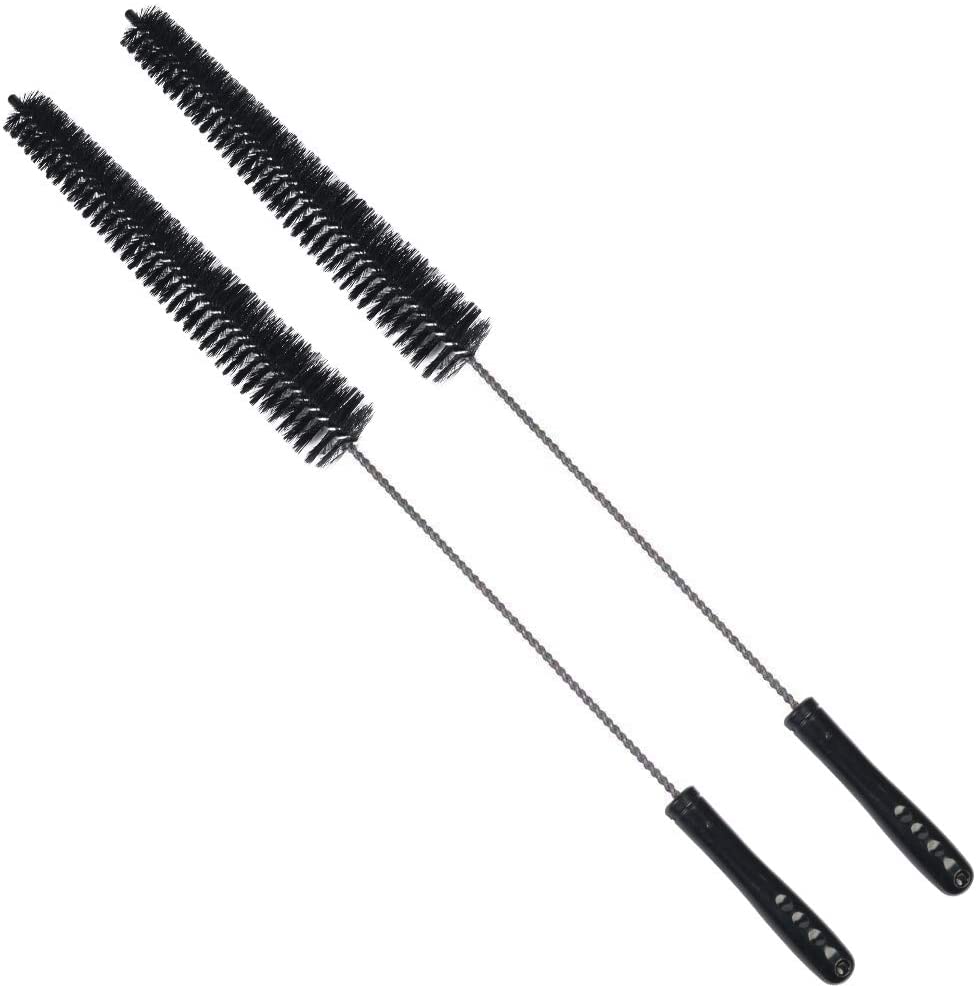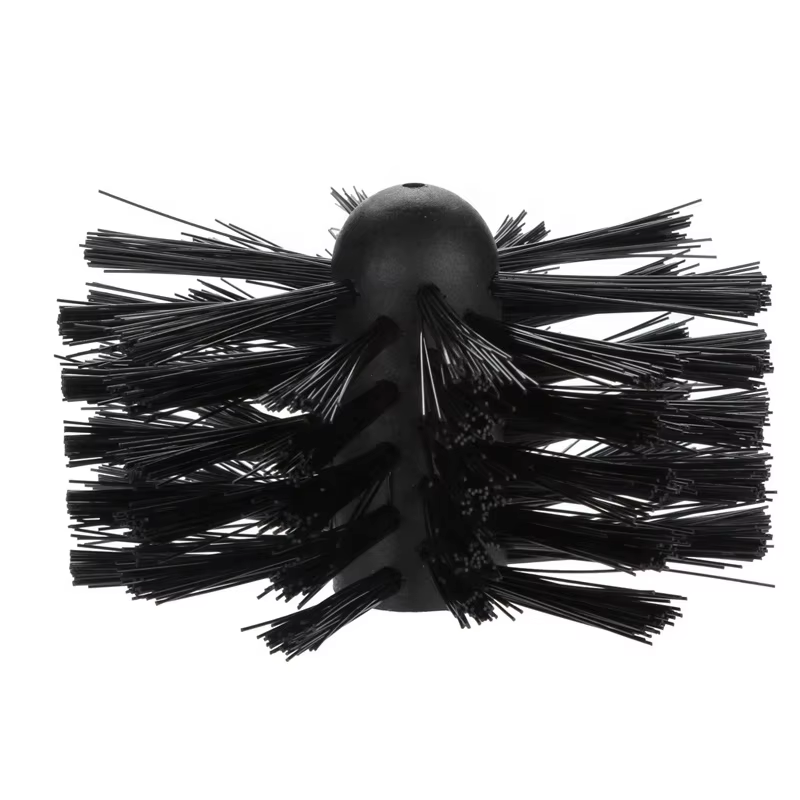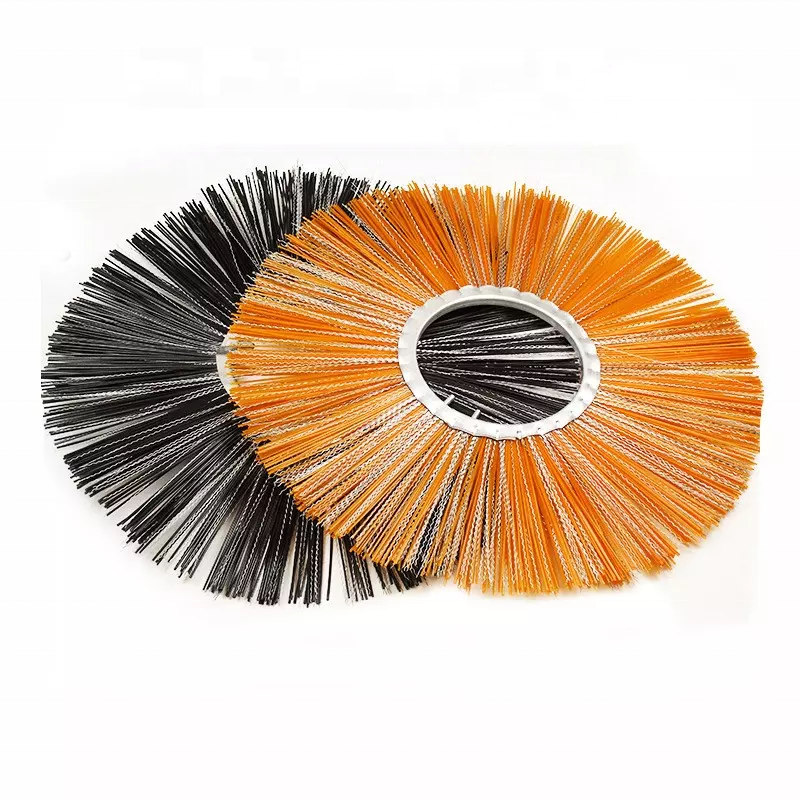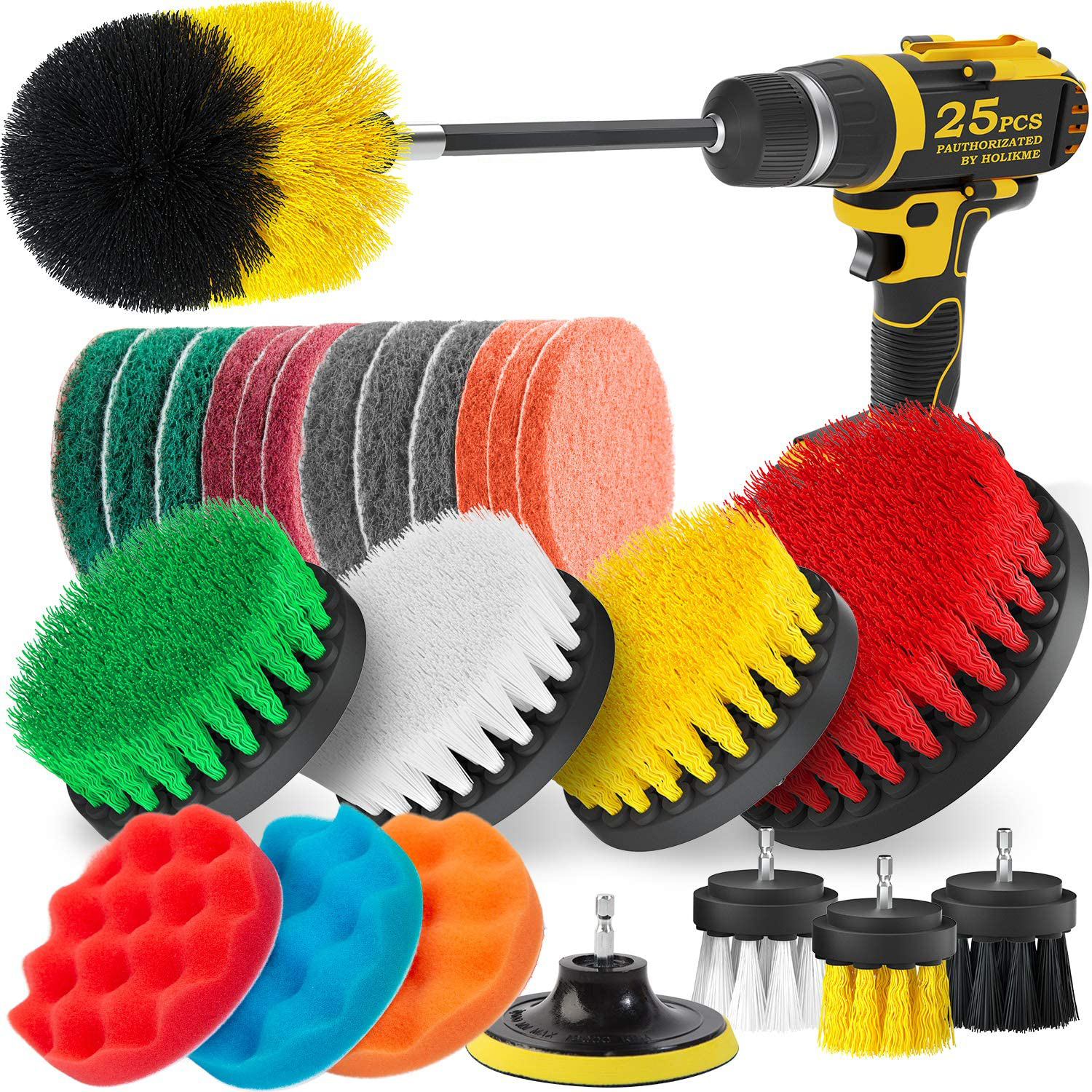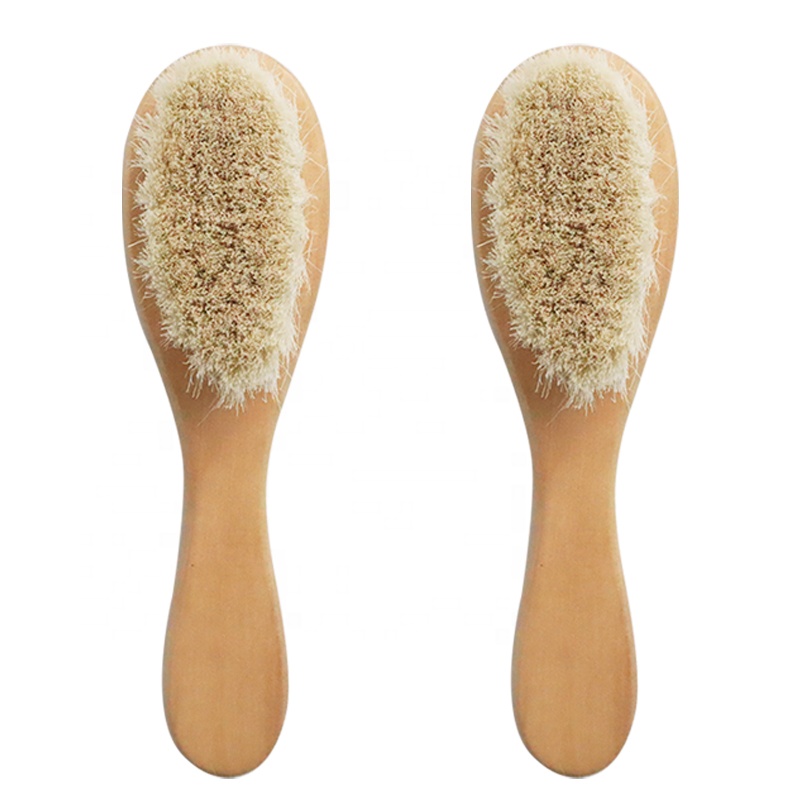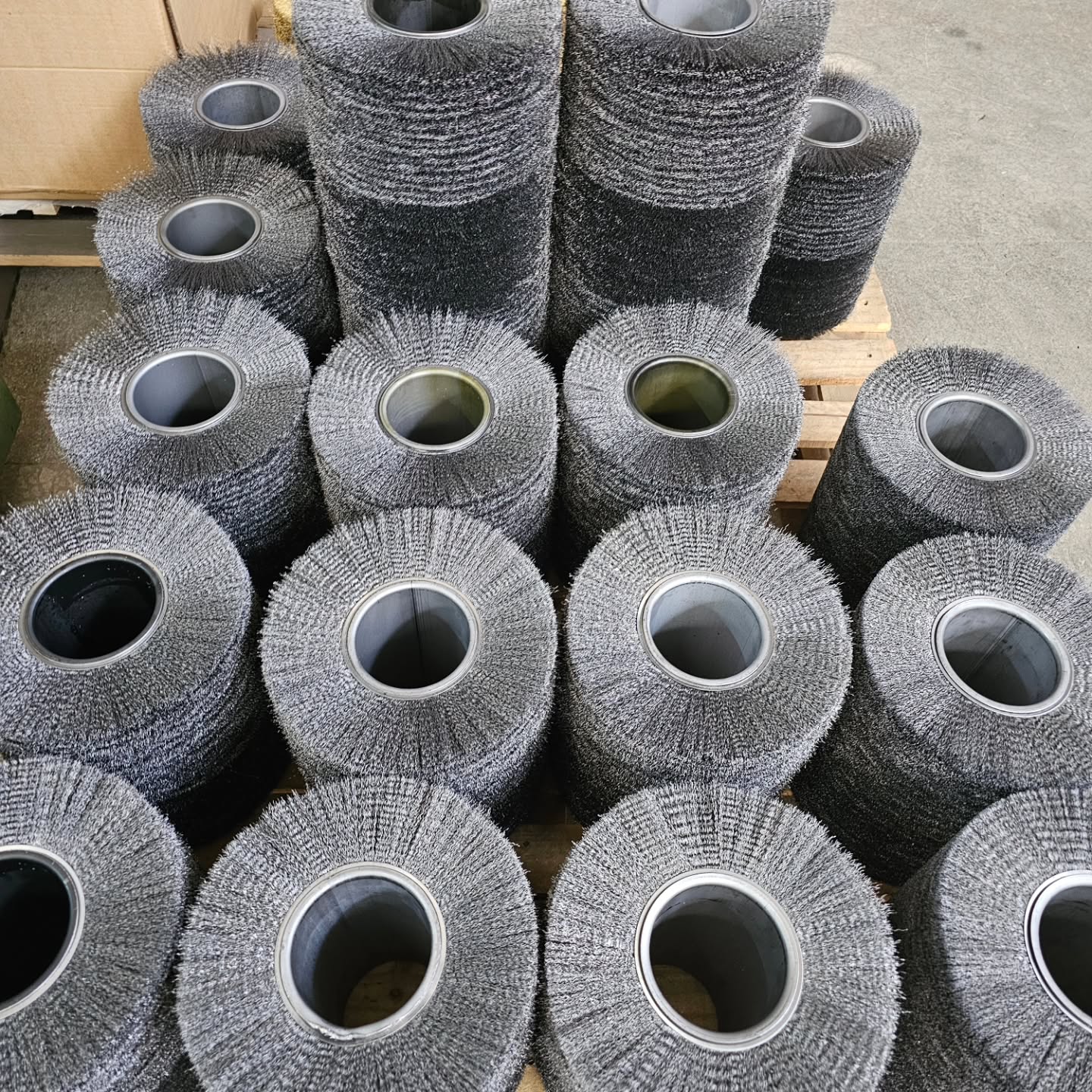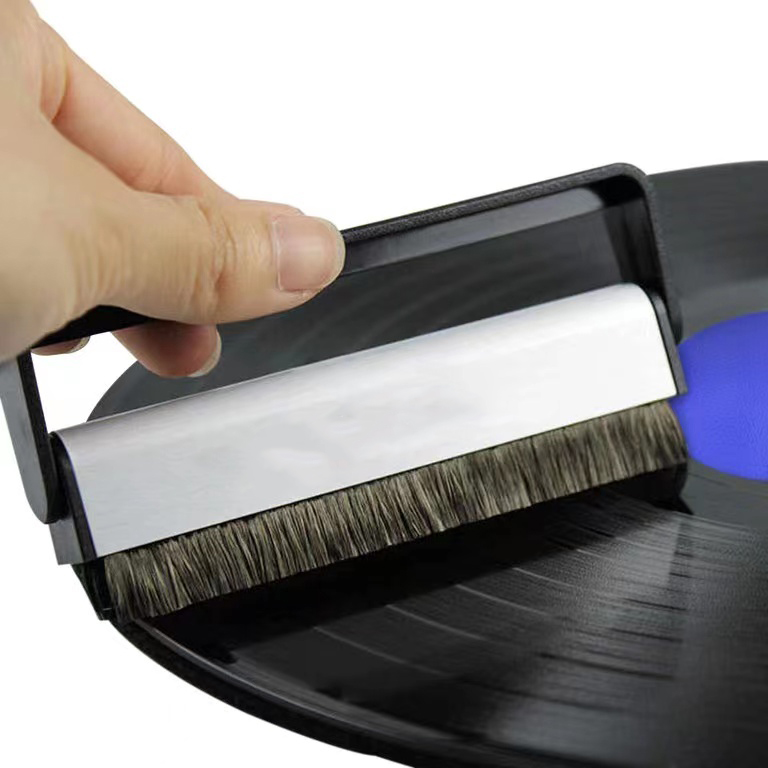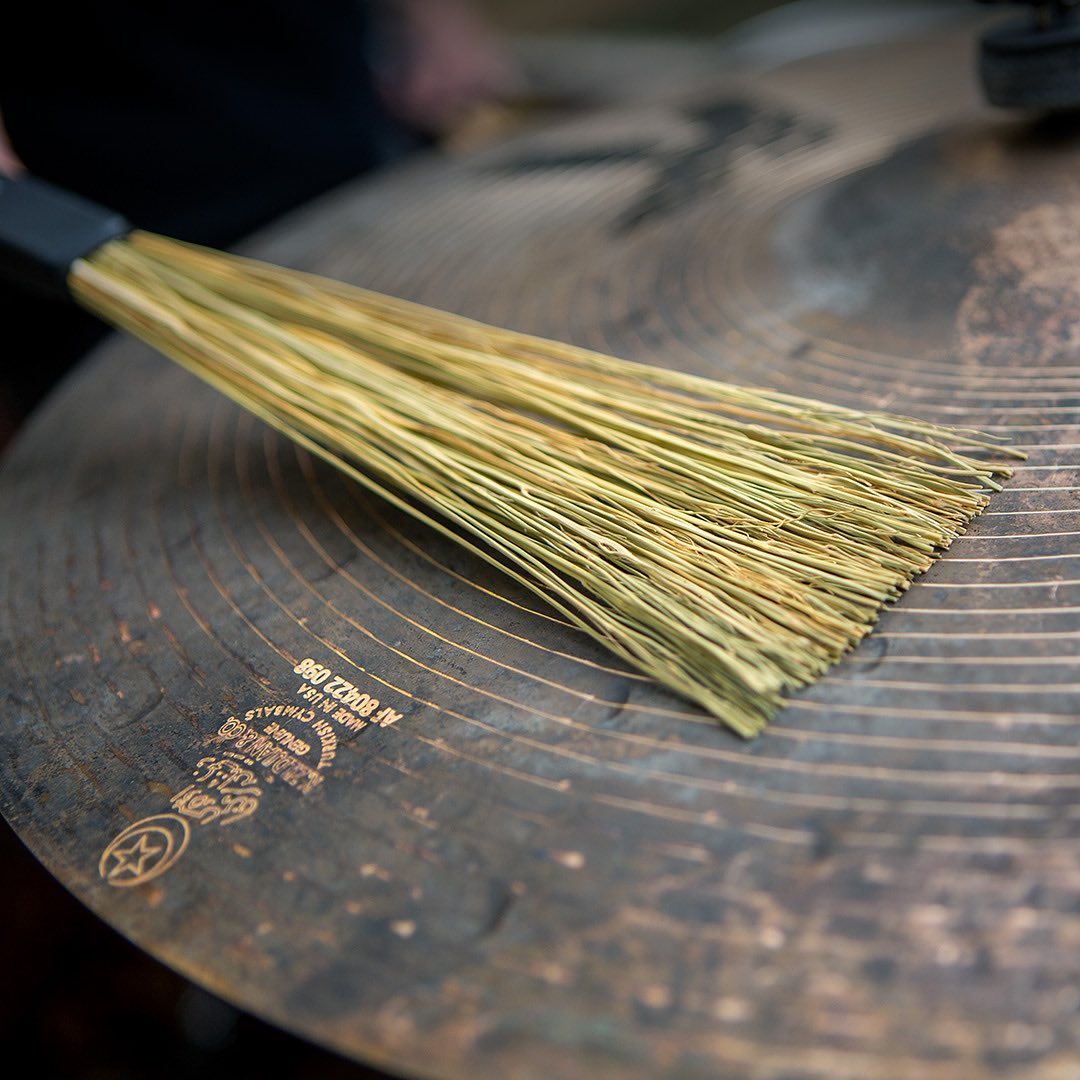Table of Contents
When it comes to cleaning your firearm, choosing the right bore brush is essential for ensuring the best performance and longevity of your gun. Whether you’re maintaining a rifle, shotgun, or pistol, using the correct bore brush can make a world of difference in removing fouling, carbon build-up, and other debris from your barrel. At GH Brush, we offer a variety of bore brushes that are caliber and gauge-specific, designed to fit your firearm perfectly. But with so many options available, how do you know which bore brush is the best for your needs? In this guide, we’ll help you navigate through the key factors that go into choosing the right bore brush, from materials to size and brush length.
Understanding Bore Brush Materials: Nylon vs. Bronze
The first factor to consider when selecting a bore brush is the material. Bore brushes typically come in two common materials: nylon and bronze. Each has its own advantages depending on the type of fouling you’re trying to clean and the solvents you plan to use. Let’s dive into the characteristics of each material to understand their pros and cons.
**Bronze Bore Brushes:** Bronze is one of the most popular materials used for bore brushes. Bronze brushes, often made from a bronze-phosphor compound, are ideal for tackling tough fouling, including carbon deposits, metal fouling, and powder residue. The bristles of a bronze brush are typically stiffer, which makes them excellent for scrubbing the interior of the barrel. Bronze brushes are often favored by gun owners who want a deep clean and don’t mind using a brush that may wear out quicker over time. Additionally, bronze is softer than the chrome-lined steel barrels, which ensures it won’t scratch or damage the bore.
**Nylon Bore Brushes:** Nylon is a more flexible and gentle option compared to bronze. These brushes are ideal for sweeping out loose carbon and fouling rather than scrubbing tough residues. Nylon is also highly durable and resistant to the breakdown caused by certain chemicals and solvents. For example, when using copper removers or other solvents that might corrode brass, a nylon brush is a better choice. Some gun owners believe that nylon brushes clean just as well as bronze brushes, but this often depends on personal preference and the type of fouling present in the barrel.
**Which to Choose:** Deciding between nylon and bronze often comes down to the type of cleaning you need to do and your personal preferences. If you need to tackle tough fouling and want the added scrubbing power, a bronze brush is likely your best option. If you’re cleaning with specific solvents like copper removers or prefer a more gentle approach, then a nylon brush may be more suited to your needs.
Choosing the Right Brush for Your Solvent
One key consideration when choosing between nylon and bronze brushes is the type of solvent you’re using. Different solvents react differently with the materials of the brush, and selecting the right combination can improve your cleaning process.
**Bronze Brushes and Solvents:** Bronze brushes work exceptionally well with solvents designed to remove powder, lead, metal fouling, and rust. These solvents are generally harsher and require a brush that can withstand the chemical reactions that may occur. If you’re using a solvent designed to tackle tough fouling, a bronze brush will provide the necessary scrubbing power to break down the build-up inside your bore.
**Nylon Brushes and Solvents:** Nylon brushes are a great choice when cleaning with solvents such as copper removers. Copper removers are typically ammonia-based and can cause a reaction with the copper components in bronze brushes, leading to a false reading on your cleaning results. Nylon brushes, however, do not react with these solvents in the same way, making them a better choice for certain types of chemical cleaning.
Depending on the specific solvents in your cleaning kit, it may be best to have both a nylon and a bronze brush on hand. This allows you to switch between brushes depending on the type of fouling you’re cleaning and the solvents you’re using.
What Size Bore Brush Do You Need?
One of the most common questions people have when choosing a bore brush is what size to buy. With so many calibers and gauges on the market, it can be confusing to figure out which brush is the right fit for your firearm. Understanding how to match your brush size to the correct caliber is key to ensuring an effective cleaning process.
**Caliber-Specific Brushes:** Bore brushes are designed to fit specific calibers or gauges, so it’s crucial to choose the right size for your firearm. For example, a brush labeled for .30 cal will fit a .308 Winchester, but it may not work for a .223 Remington. It’s important to check the brush’s size specifications before making a purchase to ensure it will fit your firearm’s barrel.
**Using a Bore Brush for Different Calibers:** It’s also worth noting that certain brushes, like GH Brush’s .223cal/5.56mm or .308cal/7.62mm chamber brushes, come with specialized designs for cleaning areas like the locking lugs and star chambers. These specialized brushes often have steel bristles, which are more aggressive than the typical nylon or bronze brushes. However, they should not be used on the barrel itself as steel bristles can damage the bore.
**Brush Chart:** A good way to determine the correct size for your firearm is by referring to a bore brush size chart. GH Brush provides a helpful chart that covers popular calibers and gauges. While it doesn’t cover every possible configuration, it offers a good starting point for most gun owners. Additionally, make sure to double-check your firearm’s specifications and ensure that you are selecting a brush that is compatible with your gun.
Brush Length: Choosing the Right Size for Your Firearm
The length of the bore brush is another important factor to consider. While most GH Brush bore brushes are about 2 inches long, it’s crucial to make sure the brush you choose fits your firearm properly, especially when using a pull-through cleaning system.
**Standard 2-Inch Brushes:** The majority of GH Brush bore brushes are 2 inches in length, which allows you to clean the barrel from Breech-to-Muzzle® without disassembly. This length is perfect for most firearms, ensuring you can clean the entire barrel effectively without needing to disassemble the firearm.
**Shorter Brushes for Smaller Bore Sizes:** Some firearms, such as small caliber rifles (.17 and .22 calibers), may require a shorter bore brush. GH Brush offers 1-inch bore brushes for these smaller calibers, which are designed to fit into limited breech actions. In cases where even a 2-inch brush is too long, you can still use a pull-through system by feeding the cable from the muzzle into the action before attaching the brush.
Conclusion: Selecting the Best Bore Brush for Your Firearm
Choosing the right bore brush for your firearm is an essential step in maintaining its performance and longevity. By considering factors such as the material (nylon or bronze), size, and brush length, you can select the best tool for the job. Whether you’re dealing with tough fouling or delicate copper deposits, there is a brush that is perfect for your needs. Remember to always match the brush size to your firearm’s caliber and be mindful of the type of solvent you’re using. With the right bore brush, you’ll be able to keep your firearm in pristine condition for years to come.
At GH Brush, we offer a variety of bore brushes in a range of sizes and materials to suit every need. From cleaning powders to removing rust, we’ve got you covered with brushes that provide the best clean every time. Take the time to try different options and find the brush that works best for you – and ensure that your firearm performs at its best.

